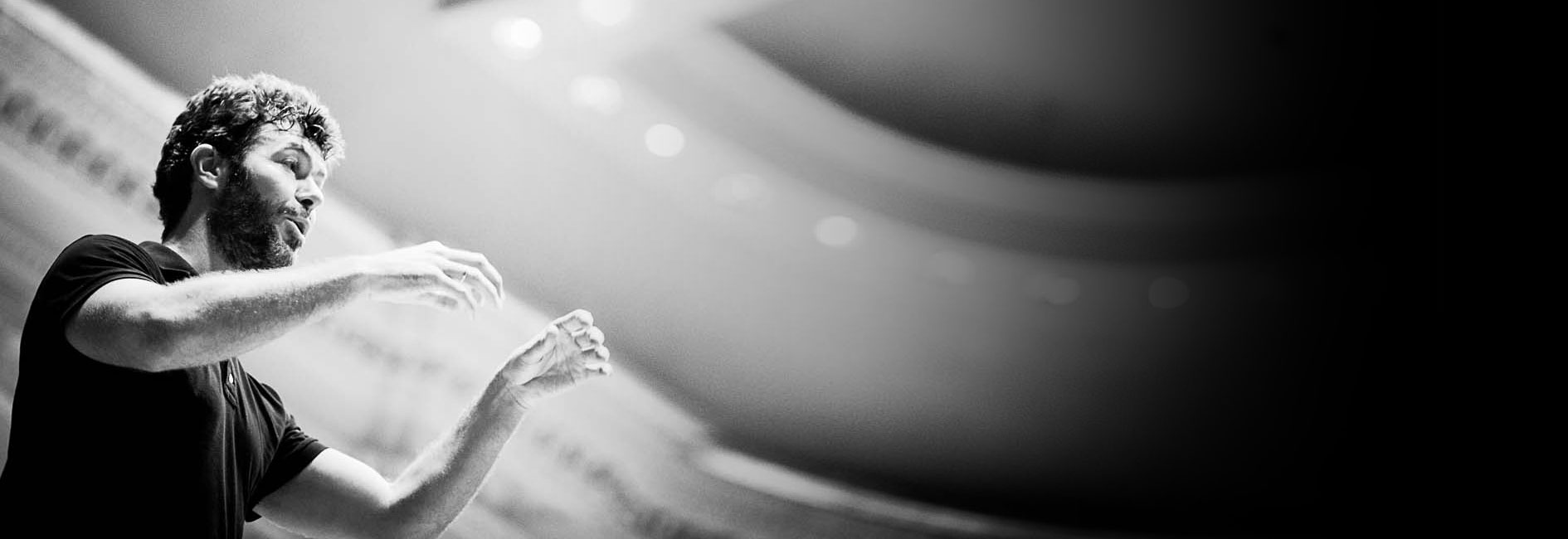
Schumann: Cello Concerto, Piano Trio No.1
Description
This final installment in harmonia mundi’s Schumann trilogy pairs the composer’s Cello Concerto with his first Piano Trio. Despite being championed by Clara Schumann, the concerto was not premiered until after the composer’s death. The hugely expressive work, by turns poetic and stormy, exemplifies Schumann’s interest in pushing boundaries in compositional forms and structures. The first two of his three Piano Trios is youthful in spirit, with rich tone colors and singing melodies. The soloists here, as with the other volumes, are cellist Jean-Guihen Queyras, violinist Isabelle Faust and pianist Alexander Melnikov. Teamed up with Spanish conductor Pablo Heras-Casado leading the Freiburger Barockorchester, these exceptional artists have created three amazing recordings that will change the way we listen to Schumann forever.
Label: Harmonia Mundi
Release Date: April 1, 2016
Reviews
*iTunes Best of 2016: Classical Recordings
«Pablo Heras-Casado and the orchestra bring some beautifully Schumannesque broader orchestral passages before gently slipping into the second movement . . . This is an absolutely terrific performance full of poetry, fire and passion. The recording is excellent as are the booklet notes.
As a substantial bonus this new release comes with a DVD recording of an equally fine live performance of the concerto from the Berliner Philharmonie that receives a rapturous reception.»
«Part of the reason the interpretation works so well, too, owes to the fine accompaniment Pablo Heras-Casado and the Freiburger Barockorchester provide. Has the Concerto’s slow movement sounded more like a true serenade than it does here? Possibly – but that doesn’t take anything away from the delicate synchronicity between soloist and orchestra here, especially over its first half. The same holds true for the spirited rendition of the finale they turn in. Its polonaise-ish episodes pack a jovial kick and the recapitulations of themes heard earlier in the piece come across with revealing subtlety.»
Jonathan Blumhofer – Arts Fuse

